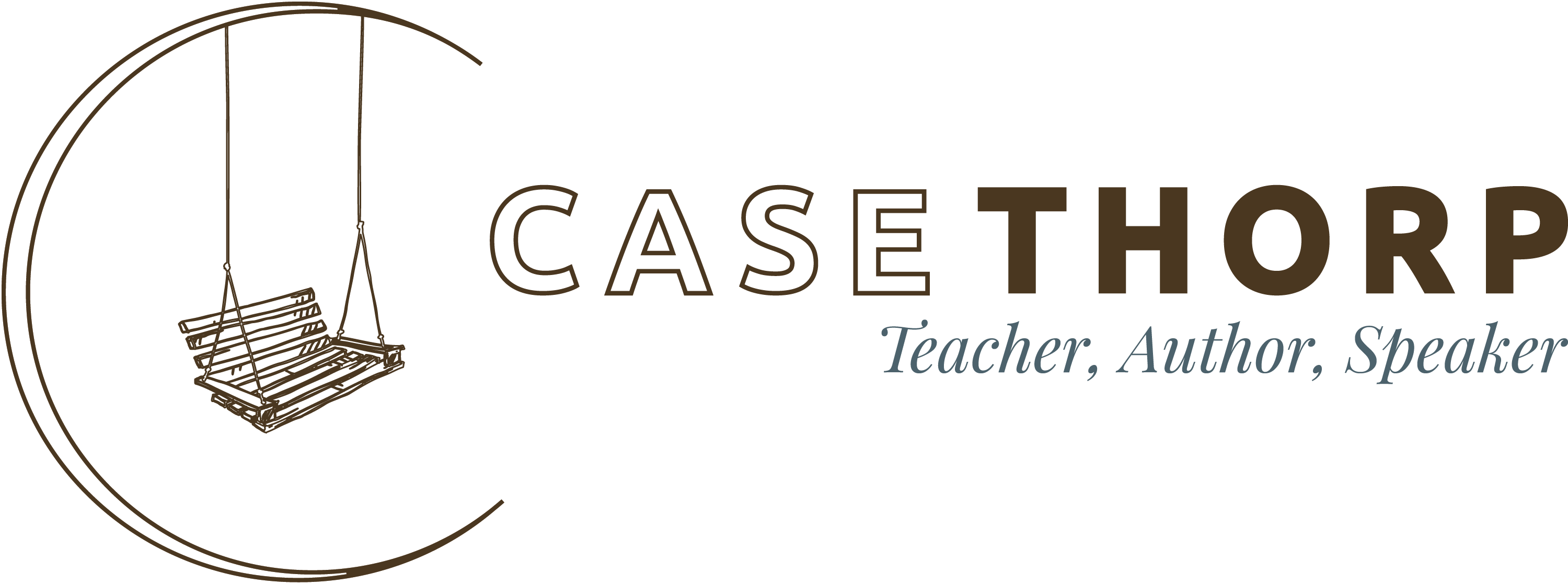Quick, name the seven leaders memorialized on the National Mall in Washington, D.C.? I’ll give you a hint: five are U.S. presidents, one is a founding father, George Mason, and the newest member is a Christian pastor: Dr. Martin Luther King, Jr.
The MLK Memorial, which opened to the public this week, honors the vision and work of Dr. King and his advancement of equal rights for minorities. It is a tremendous and overdue acknowledgement of Dr. King’s gift to our country. Not only do we now have the first African American president, but we now have another first: a monument on the National Mall for an African American leader.
Another aspect Dr. King’s memorial brings to the National Mall rests in the fact that he was a religious leader, in fact a Baptist preacher. Via the memorial, Dr. King holds an even greater place of prominence for American citizens offering, “emotional and intellectual connections that affect our national perceptions, consciousness, and identity,” so defined by the National Mall Plan of 2010. In this spirit, the memorial tells the Somali immigrant, the Russian graduate student studying here, and the next generation of Americans that religious leaders have played a prominent and positive role in the shaping of our nation.
How is it, then, that Dr. King’s memorial can open to the public in the same week we learn that Mayor Bloomberg will not include faith leaders in the commemorative ceremony for the 10th anniversary of the 911 attacks? By failing to include religious leaders one suggests that faith should have no role in the public square. Furthermore, some may conclude that it was religion that lead to the 911 attacks, and therefore we need to keep religion at bay.
No, it was fundamentalism at its most extreme mired in global economics, politics and war that lead to 911. That very rare religious fundamentalism is denounced by major religious leaders. To suggest, then, that the 911 hijackers represent people of faith is to suggest Muammar Gaddafi represents the best of governmental leadership.
Failing to include religious leaders both denies the historical role they’ve played in the formation of our country, as in Dr. King’s case, and suggests that going forward America is a more enlightened and capable country without the vestiges of religion. If anything, America represents to the world a way to acknowledge the power and place of religion, as symbolically represented now on the National Mall, but in a manner that respects private conviction and celebrates the fruit of faith communities.
John Meecham writes in his narrative essay, American Gospel, the following:
Public religion is not a substitute for private religion, nor is it a Trojan horse filled with evangelicals threatening the walls of secular America. It is, rather, a habit of mind and of heart that enables Americans to be at once tolerant and reverent- two virtues of relevance to all, for the Founders’ public religion is consummately democratic.
Were Bloomberg to reverse course and incorporate religious leadership in the 10thanniversary of 911 he would be making a statement long in the heritage of the American tradition towards tolerance and reverence, two virtues affirmed by Dr. King and badly needed in today’s world.
